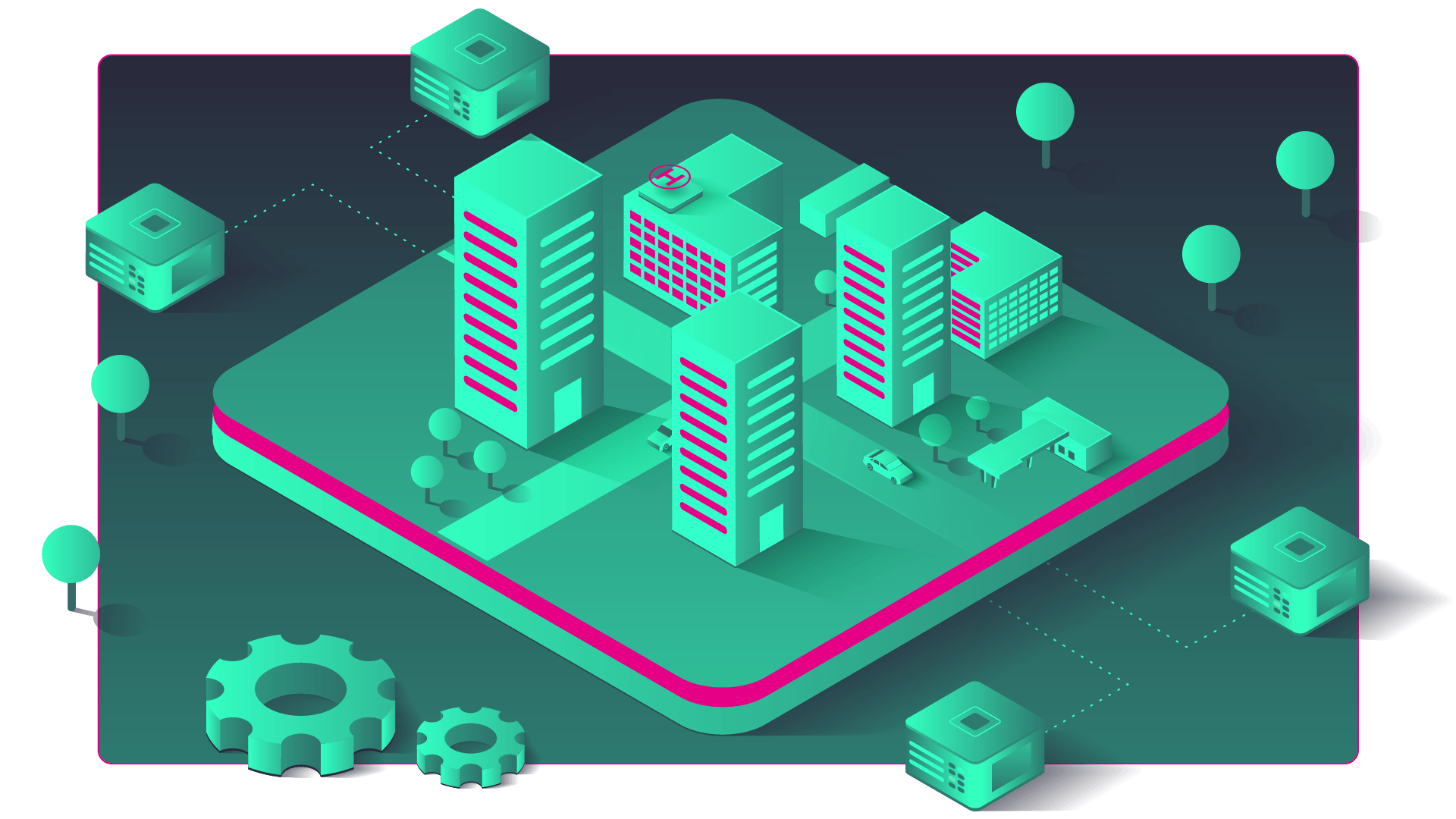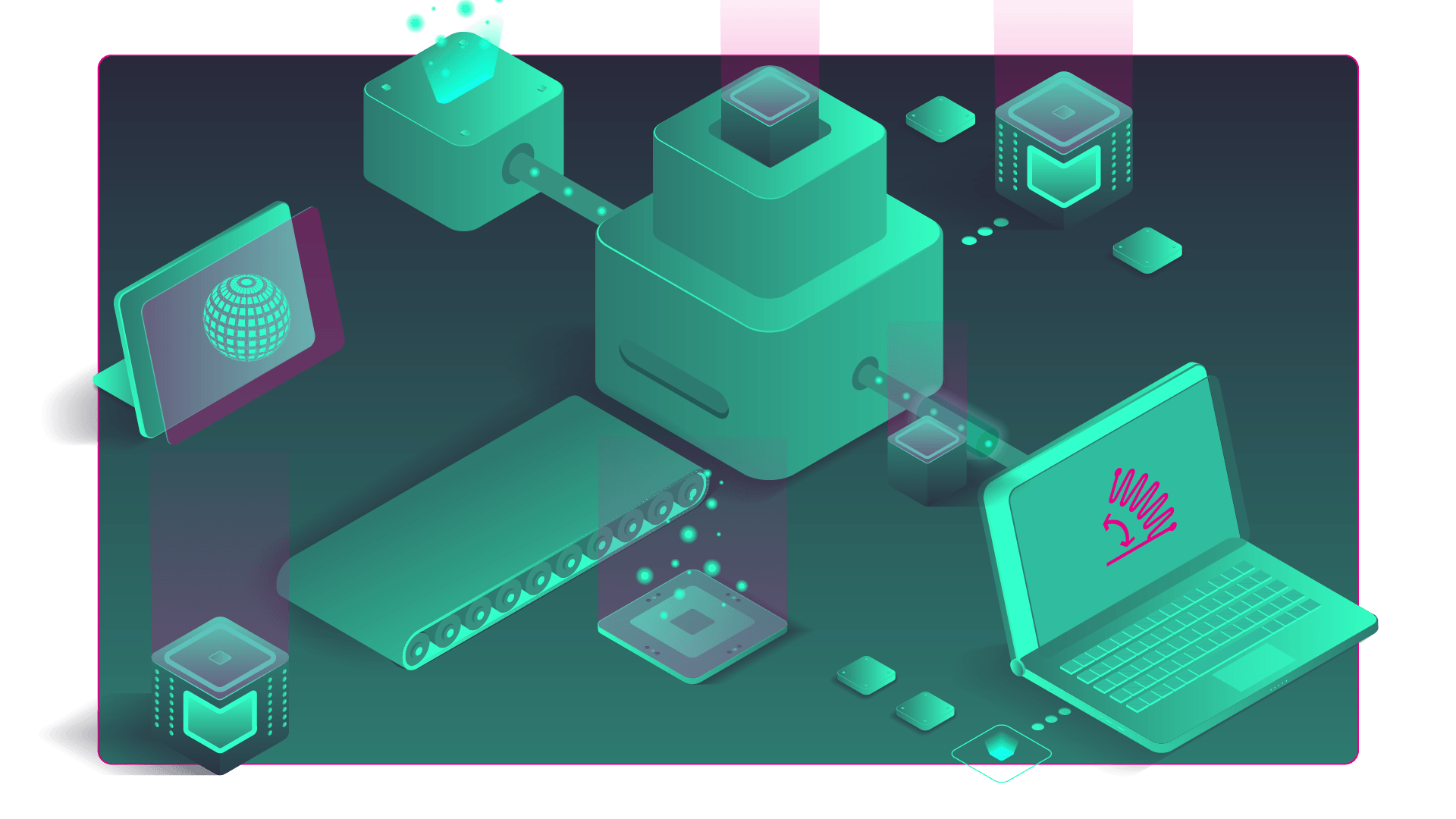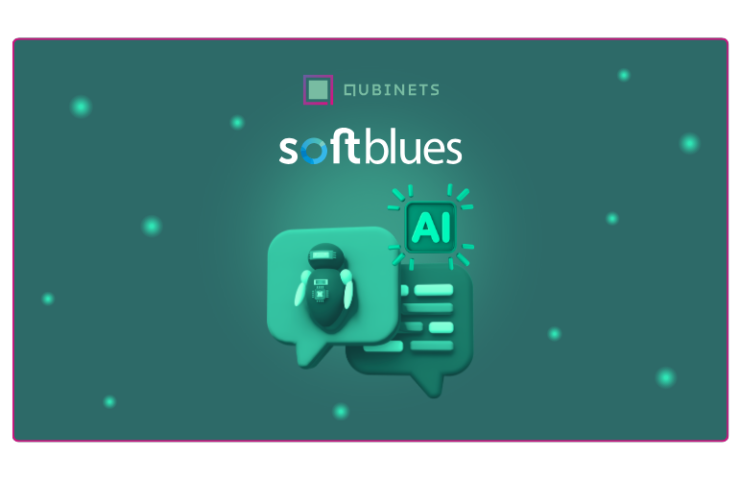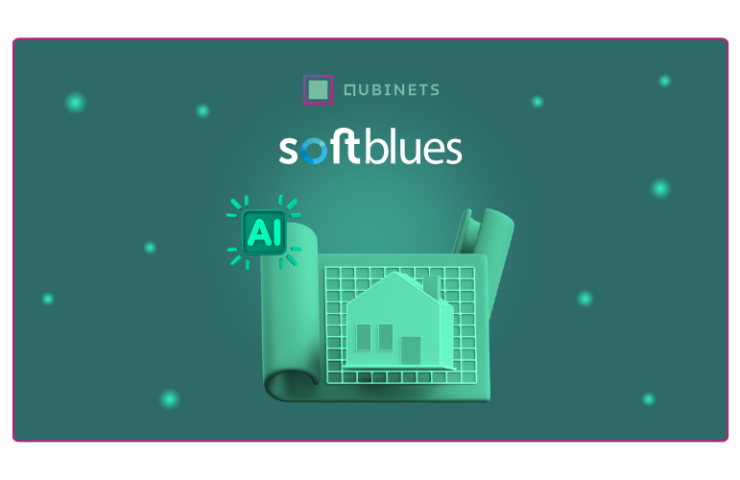AI has the power to transform industries and change the way we work. It can automate tasks, analyze data, and improve decision-making. The possibilities are endless. Your organization’s capacity to employ AI effectively determines its competitive edge and operational efficiency. Enterprise AI readiness is not merely about having the right technology in place but also encompasses the readiness of your company’s culture, workflows, and data ecosystems for AI integration.
As you consider deploying AI within your enterprise, you are faced with a range of considerations. Effective readiness involves assessing the maturity of your data infrastructure, the skill level of your workforce, and the alignment of AI objectives with your business goals.
Your strategic approach to AI adoption should balance innovation with practicality, ensuring that the benefits of AI are tangible and measurable within your operational context.
Your journey towards enterprise AI readiness requires a multifaceted evaluation process where you identify gaps and opportunities in your current operations. It requires a clear understanding of the resources at your disposal, a roadmap for skill development, and an execution plan that minimizes risk while maximizing the value AI can bring to your organization. The decisions you make now will lay the groundwork for how effectively your business can grow and adapt in an AI-driven marketplace.

AI Impact on Business: Expectations vs. Reality
Enterprise AI applications are diverse, reflecting the unique challenges and opportunities faced by different industries. For your business, this means AI can be tailored to improve specific functions, such as the automation of routine tasks in accounting or real-time data analysis for market insights. The reality is that benefits often accrue incrementally; unlike some overhyped expectations, AI’s true impact grows over time as systems learn and improve.
When it comes to using AI in business, it’s transformative in three main areas:
- Operations,
- Decision-making
- Customer interactions
In operations, AI streamlines processes, reducing errors and increasing efficiency. In decision-making, AI assists with predictive analytics, offering nuanced insights to shape strategic planning. And regarding customer interactions, AI improves personalization and responsiveness, leading to improved customer satisfaction.
Typically, when you implement AI, expect to deal with a range of complex technologies, from machine learning and natural language processing to robotics and computer vision. Each plays a role in creating a competitive edge by optimizing different facets of a business.
The impact of AI on business isn’t just operational. It also has strategic implications, shifting how companies compete and innovate. Your ability to leverage AI effectively may become a critical differentiator in the market. However, it’s vital to align AI goals with business objectives to realize tangible results.
In summary, understanding AI’s role in the enterprise context starts with recognizing the nuanced ways AI applications can enhance various aspects of your business. By setting realistic expectations and focusing on specific use cases, you can guide your company towards meaningful transformation with AI at the helm.
AI Maturity in Enterprises
AI maturity is your measure of readiness to incorporate AI into your business. It reflects the integration level of AI technologies within your operations and strategies. A mature AI enterprise integrates AI to drive business value, encourage innovation, and gain a competitive lead.
Your data infrastructure is key. Robust systems for data management lay the foundation for AI efficacy. If your infrastructure is lacking, AI may fail to live up to its potential. The talent within your company is equally critical. Do you have skilled individuals who can understand the nuts and bolts of AI? If not, then moving forward with AI can be hard and stressful for your organization.
Most enterprises are wrestling with varying degrees of AI maturity. A common shortfall is an underdeveloped understanding of AI’s extensive capabilities and applications. Others struggle to effectively align AI strategies with their overall business goals, which is foundational for progress in AI.
- Understanding of AI: Learn AI concepts and possible applications relevant to your field.
- Current AI Usage: Examine how AI is presently utilized and identify opportunities for expansion.
- Talent and Expertise: Evaluate whether your team possesses the necessary AI expertise or if additional training or hiring is required.
Upon evaluation, it’s clear that most businesses are at an embryonic stage, exploring what AI can do but not yet fully intertwining it into their core processes. To truly benefit, you need to advance from experimentation to strategic integration. Such progress demands commitment and a forward-thinking approach. Enhancing your AI maturity is not an endgame but a continual journey towards technological empowerment.
The Gap in AI Adoption and Implementation
Statistics paint a telling picture regarding AI adoption in enterprises. According to the Cisco AI Readiness Index, although 97% of organizations say that the urgency around deploying AI tech has risen in the last six months, only 14% feel they’re prepared to deploy and utilize it.
Key Hurdles for Enterprises:
- Infrastructure Limitations: Only 21% of companies surveyed by Cisco believe their network latency is adequate for advanced AI workloads. This underlines that the vast majority still face deficiencies in I/O capacity and basic data management abilities.
- Skills Gap: The need for specialists in data science and AI is crucial, but there is a noticeable shortage of qualified professionals. This lack of expertise slows your ability to employ AI’s full potential.
- Resistance to Change: Deep-rooted organizational cultures may resist new technologies, viewing AI as a threat rather than an enabler.
Enterprise AI Strategy: Your AI strategy should bridge the gap between traditional practices and new AI-driven methods, ensuring a smooth transition and well-received across the organization.
AI for Enterprise: To effectively utilize AI:
- Adopt a culture of innovation that supports AI integration.
- Invest in training your workforce to become AI-savvy.
- Upgrade your infrastructural foundation to be compatible with advanced AI tools.
By addressing these areas, you can work towards closing the gap in AI adoption and implementation.

The Road Ahead: Preparing for AI-Driven Transformation
As you approach the next key shift in business practices, it’s essential to prioritize cultural readiness for AI. Being prepared for the integration of artificial intelligence into your enterprise involves promoting a culture that actively encourages curiosity, welcomes trial and error, and values continual learning.
Cultural Readiness:
- Embrace a learning mindset
- Encourage experimentation and accept failures as growth opportunities
- Promote curiosity and continuous innovation among employees
AI Strategy Development:
- Assess AI Maturity: Determine your current position in the AI journey.
- Define Clear Goals: Articulate what you want to achieve with AI.
- Build Cross-functional Teams: Include diverse skills to drive AI initiatives.
- Invest in Training: Upskill your workforce to leverage AI tools effectively.
- Implement Governance: Establish policies to guide ethical AI use.
Scaling AI within Your Organization:
- Start with small-scale projects to gain traction
- Iteratively expand AI applications, learning from each phase
- Leverage successes to scale AI solutions across the enterprise
Technological Considerations for AI Development:
- Choose flexible AI platforms to accommodate growth
- Integrate AI with existing systems for seamless operations
- Ensure robust data management for AI algorithms to thrive
View AI as a transformative journey that reshapes how your business operates and competes. The road ahead requires thoughtful preparation and agile execution as you run your enterprise towards successful AI adoption and scalable development.
Furthermore, you can assess your readiness for AI by filling out our survey. This will give you a clear picture of whether you can implement AI in your business.






